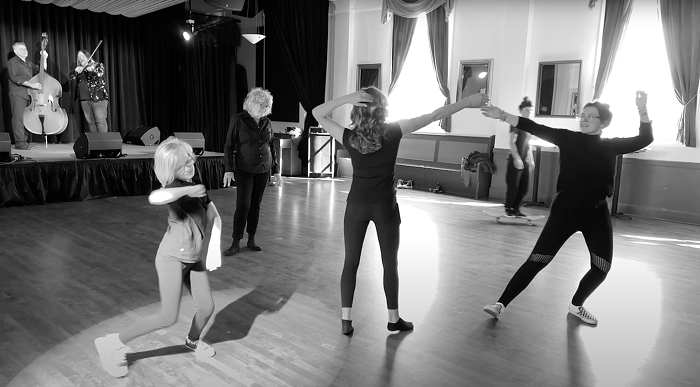EVEN FOR a scholar of Woods' steadily overwhelming catalog of music, their new LP, Bend Beyond, revels in evolutionary subtleties. Given that the Brooklyn-bred psych-folk group has released seven studio albums and myriad singles and split 7-inches in the scant seven years of their existence, it's a wonder that any of their creative envelope-pushing can be detected at all.
"If we took our time a little more, and put out a record every three years, then it would probably be a little more drastic," explains Woods multi-instrumentalist Jarvis Taveniere.
As Woods' primary songwriters, Taveniere and vocalist/guitarist Jeremy Earl—both also the principal musicians on Woods' releases—sought a respite from the big city in Earl's upstate New York hamlet of Warwick. There, the duo hunkered down to write and record what would become Bend Beyond in relative tranquility and in an environment more conducive to control.
"If we tried to do it in Brooklyn now, we wouldn't get started until noon," says Taveniere, who owns Rear House Studios in Brooklyn, where previous Woods recordings were produced. "There are just too many distractions. The best way to discipline ourselves is just to go up there. I wake up on his couch, I smell the coffee, and we just start recording."
That sense of discipline carried over to the songwriting approach on Bend, too. The album embraces the jammy components of their recent past, allowing Earl's high-pitched falsetto warble to drive, while also allowing mid-song tangents to take on more meditative, rather than meandering, auditory terrain.
Whereas before Woods were more interested in "capturing things really quick, and maybe not letting songs develop into what they could be," Earl and Taveniere let their material for these sessions bloom at a more deliberate pace.
"We went into it with this idea that Jeremy would write songs and sit on them for a while. Then we could talk about them," says Taveniere. "We wouldn't just rush and throw one microphone on the drums. Pretty much I'm describing what normal people do, but to us it was like, 'Let's try the normal thing a little bit.'"



















